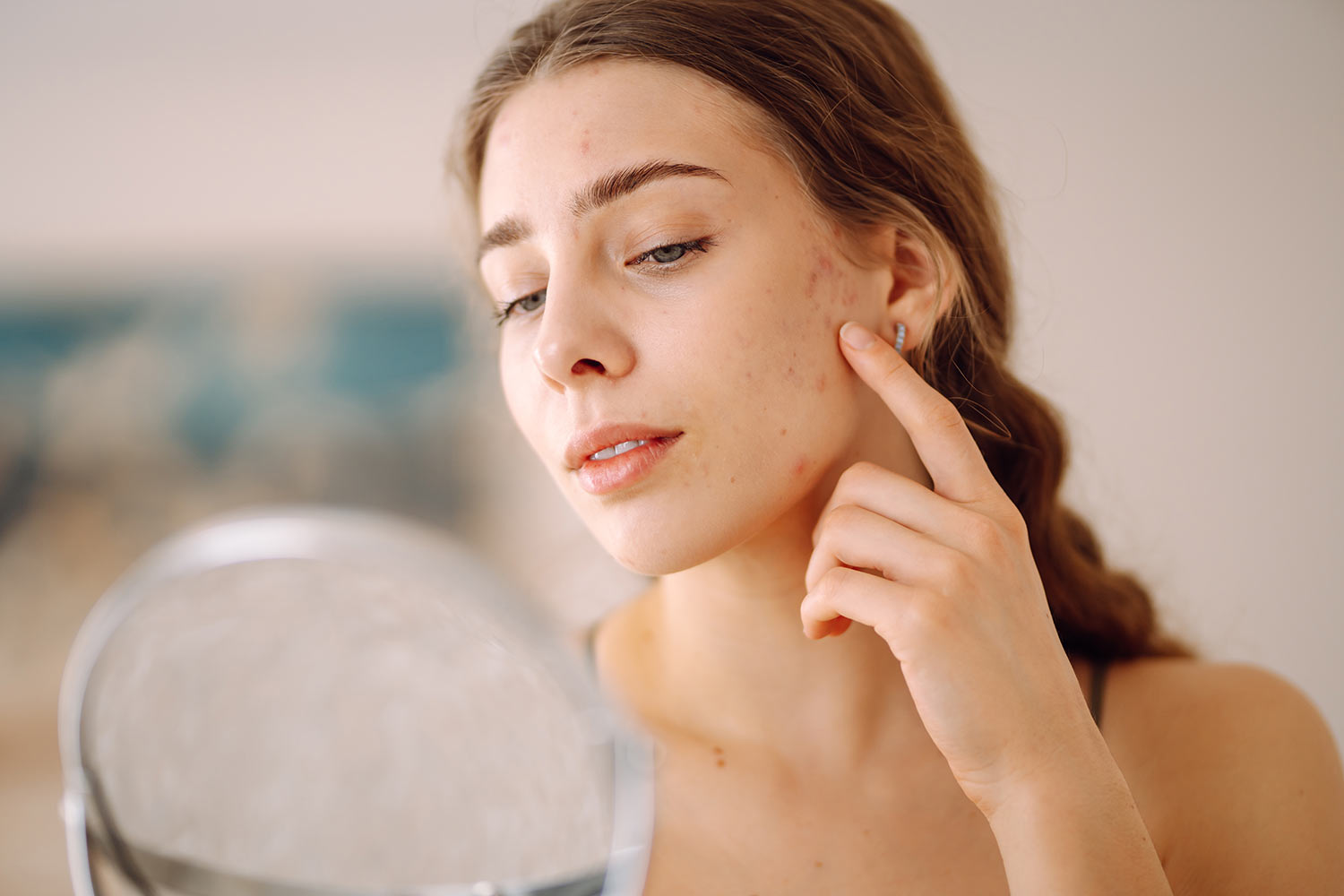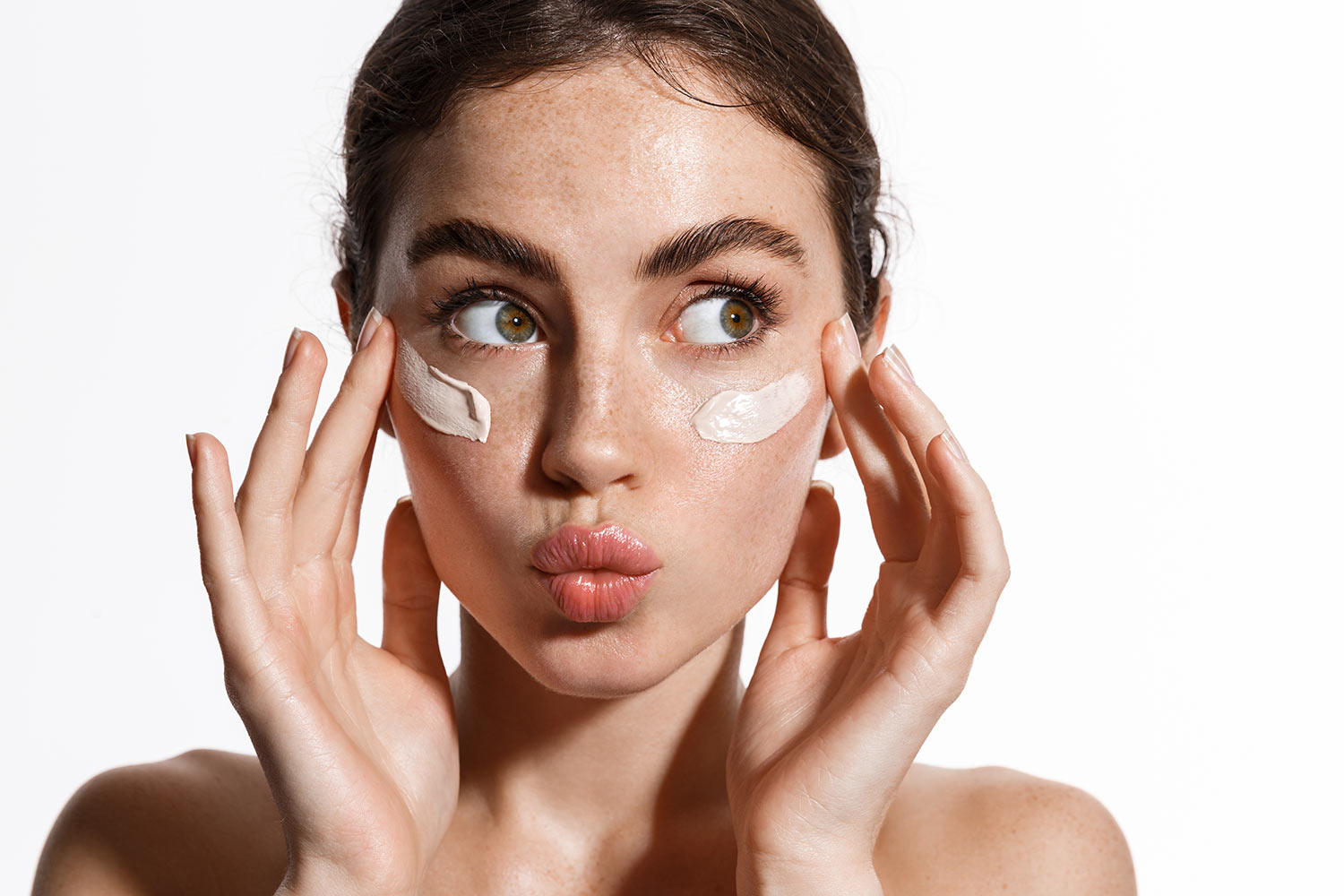What Is A Good Skin Care Routine For Acne? 4 Do’s And Don’ts
Acne-prone skin requires a skincare approach that not only addresses existing breakouts, but also helps prevent future flare-ups. This is something that I have personally battled with. Striking the right balance between ingredients and techniques is essential to achieving clear, healthy skin without causing irritation or dryness.
With the correct routine, you can help reduce inflammation, clear clogged pores, and support the skin’s natural healing process. However, it’s crucial to understand how to select the right products and habits to maximise their effectiveness and understand the type of acne that you have.
Read on to discover the key dos and don’ts for creating a skincare routine that effectively targets acne and helps you avoid common mistakes. Dry skin is the worst and damaging your skin barrier does not help.
Dos for a Better Acne Skin Care Routine
Taking care of acne-prone skin involves several essential steps. Following a consistent skincare routine with the right products can make a significant difference in how your skin looks and feels. Here are the dos for maintaining a healthy acne routine:
1. Use acne treatment products: Incorporate acne treatment products containing salicylic acid, benzoyl peroxide, or retinoids. These active ingredients help reduce acne breakouts, prevent clogged pores, and promote healthy skin cell turnover. You can find them in cleansers, toners, and spot treatments. However, don’t overuse these products, as they may dry out or irritate the skin. Start with lower concentrations and gradually increase as your skin adjusts. For those with oily skin, using an oil-controlling treatment can help reduce breakouts by targeting the excess oil that clogs pores. Salisylic is actually one of my favourites!
2. Cleanse gently: Choose a mild, non-comedogenic cleanser that doesn’t strip your skin of its natural oils. This is key! Use lukewarm water to wash your face twice a day. Over-cleansing can lead to excessive dryness or irritation, which may worsen acne. This helps remove dirt, excess oil, and impurities without disturbing your skin’s natural balance. Be sure to choose a cleanser suited for your skin type to avoid irritation or excessive dryness. If you have oily skin, consider a gentle foaming cleanser that targets excess oil production while being mild enough not to irritate your skin.
3. Hydrate your skin: Even oily skin needs moisture. Use a non-comedogenic moisturiser that hydrates the skin without clogging pores. Hydrated skin helps maintain a healthy skin barrier, promoting overall healthy skin and reducing the risk of irritation. Consider products with hyaluronic acid, which attracts moisture to the skin. Keeping your skin hydrated can also prevent dryness caused by acne treatments. Just don’t go for a really intense, oily cream as it can make things worse.
4. Apply sunscreen daily: Sunscreen is essential to protect your skin from harmful UV rays, especially when using acne treatments like retinoids that can make your skin more sensitive to the sun. Choose a broad-spectrum sunscreen with SPF 30 or higher (preferably 50). It’s important to apply it every morning, even on cloudy days, to prevent further skin damage or acne scars. If you have oily skin, opt for an oil-free sunscreen that won’t clog pores.
Acne treatment products are crucial for helping to clear up acne and prevent future breakouts. However, always remember to tailor your routine based on your skin’s specific needs. The correct order to do your routine in is: remove make-up, cleanse, acne treatment, moisturise, then SPF if it’s the morning. Allow time for your acne treatment to dry as well, before applying your moisturiser.
Don’ts for Acne Skin Care Routine
While there are things you should do to take care of acne-prone skin, there are also habits you need to avoid. These common mistakes can make your acne worse and hinder your skin’s healing process.
Below are the don’ts for a better skincare routine:
1. Don’t over-exfoliate: Exfoliating too frequently can irritate the skin and cause it to produce more oil, which may lead to further breakouts. Avoid using harsh physical exfoliants, as they can damage the skin’s protective barrier. Instead, opt for gentle chemical exfoliants like alpha-hydroxy acids (AHAs) or beta-hydroxy acids (BHAs). Exfoliate no more than two to three times per week to promote healthy skin without causing irritation. Over-exfoliating can also increase oil production, leading to more clogged pores.
2. Don’t touch or pick at your acne: Picking at acne can lead to scarring, inflammation, and even more breakouts. Touching your face throughout the day transfers bacteria and dirt from your hands to your skin, which can clog pores and cause acne. It’s important to resist the urge to pop pimples, as it often worsens the condition. Instead, treat the area with spot treatments and allow it to heal naturally.
3. Don’t use harsh products: Avoid skincare products that contain alcohol, fragrances, or harsh chemicals. These ingredients can irritate sensitive skin and trigger breakouts. Choose products formulated for acne-prone skin that are free from these potential irritants. Harsh scrubs and cleansers may seem effective, but they can strip your skin and lead to more problems.
4. Don’t skip consistency: Consistency is key in any skincare routine, especially for acne. Skipping steps or applying products occasionally won’t provide the results you’re looking for. Stick to your routine every morning and night to see improvements. Acne treatments take time to work, so be patient and allow your skin to adjust to the products you’re using.
When it comes to skincare for acne-prone skin, being mindful of what you put on your face and how often you do it is crucial. Avoiding common skincare mistakes can help improve your results over time.
Final Thoughts
Remember, managing acne-prone skin requires patience and consistency. For the best results, choose products that cater to your skin’s unique needs and avoid common mistakes that could hinder your progress. Incorporating ingredients like salicylic acid can make a significant difference in controlling breakouts, but always be gentle with your skin and avoid over-treating it. A few other top tips would be keeping your hair clean as greasy hair can trigger acne, change your pillow case every time you wash your hair, and be sure to never use Vitamin C as it causes breakouts in acne prone skin! Trust me, I’ve been there, and it’s horrendous!
Discover more from FORD LA FEMME
Subscribe to get the latest posts sent to your email.




